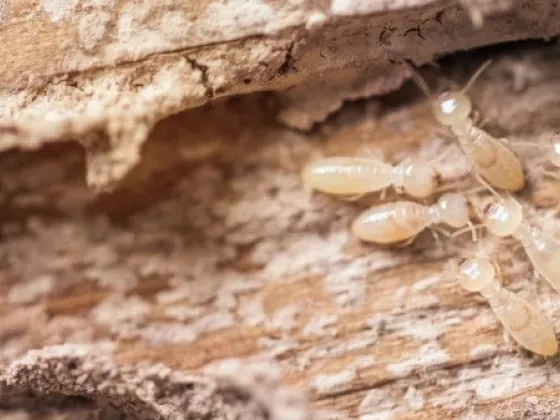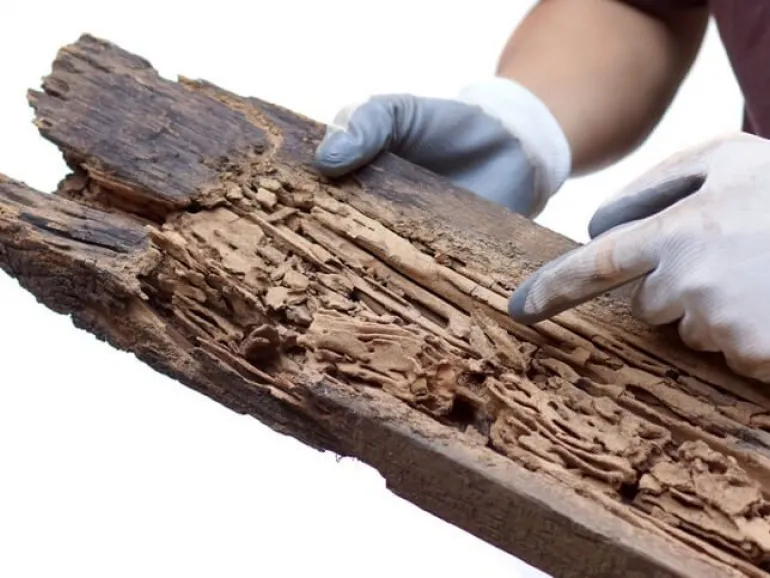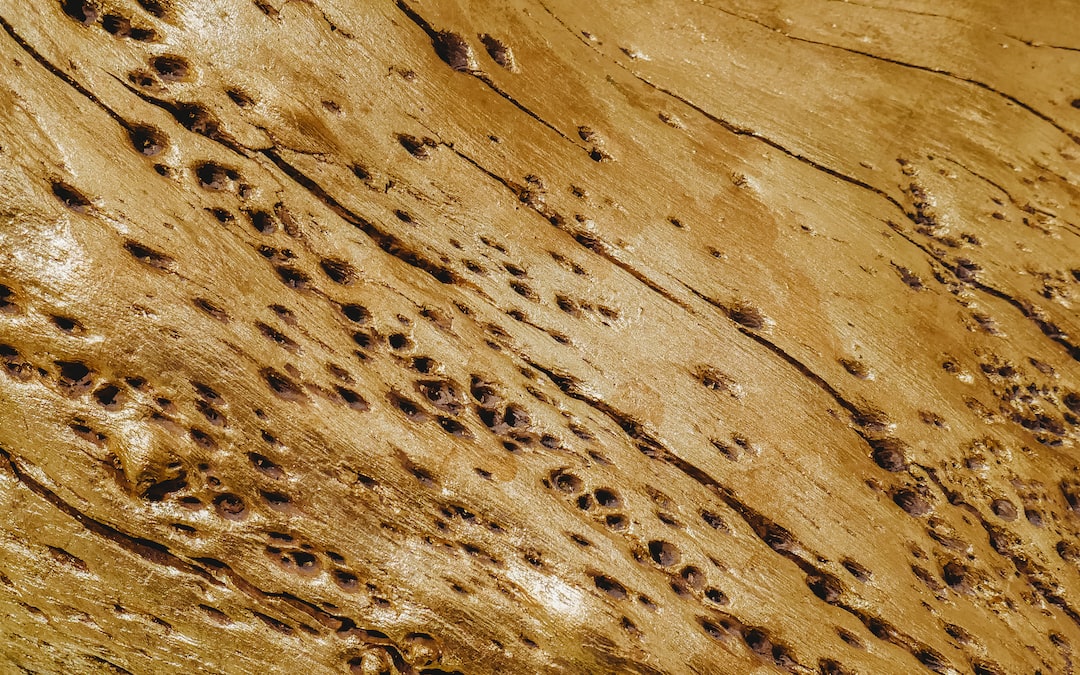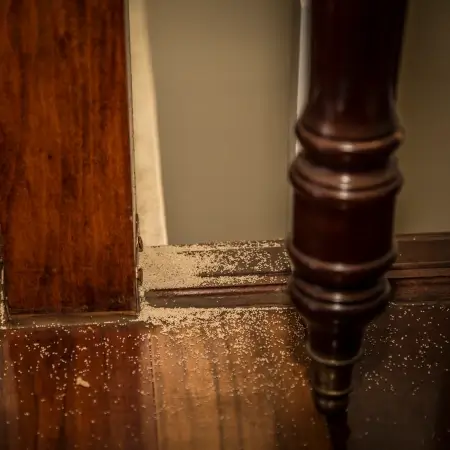Termite Inspections
Homeownership comes with the inherent risk of having to face a termite infestation at some point or other. These pesky critters can cause serious damage to your home if they're not dealt with quickly and efficiently. That's why it's so important to have a regular termite inspection as part of your overall home maintenance routine. A professional exterminator will be able to detect any signs of a termite infestation and help you get rid of them before they cause too much damage.
What are termites and what do they do?
Termites are small wood-eating insects that can cause serious damage to your home. They feed on cellulose that is found in wood and other substances, such as paper and cardboard. As termites feed, they create tunnels that weaken the structure of your home. Left unchecked termite damage can become quite severe and require costly repairs to restore the integrity of your home.Why is it important to have a termite inspection?
A termite inspection is an important part of home maintenance and can help to identify any potential termite infestations before they become too serious. A termite inspector will be able to assess the level of termite activity in your home and advise you on how best to control or eliminate the termites. Regular termite inspections are also a great way to catch any new infestations early so that you can address them before they cause extensive damage.
What happens during a termite inspection?
During a termite inspection, the inspector will assess your home for signs of termite activity. This can include inspecting walls and floors for termite tunnels or damage, checking windowsills and door frames for signs of termites, and looking for termite droppings around the home. The inspector will also look at any wood stored near the exterior of your home and check for any evidence that termites may be present in those areas as well. Once the inspection is complete, the inspector will provide you with a report detailing their findings and recommendations on how to proceed.
With regular termite inspections, you can help ensure that your home is safe from termite infestations and damage. Don't let termites ruin your home - make sure to get termite inspections regularly.
How often should you get a termite inspection?
The frequency of termite inspections depends on the age and condition of your home. Generally, it's recommended to have termite inspections done once a year especially if you have an older home. Additionally, if you've recently noticed any signs of termites in your home, it's best to get a termite inspection as soon as possible so that any infestations can be addressed quickly.
As a homeowner, it is vital to recognize the necessity of termite inspections and implement measures to safeguard your home from being infested with these destructive pests. Staying ahead of termite damage should be a priority for all homeowners, and scheduling regular inspections are the best way to protect your home. Don't wait until it's too late - get an inspection done as soon as possible to ensure that any potential infestation is identified before it gets out of hand.
How much does a termite inspection cost?
The cost of termite inspections varies depending on the size and complexity of your home. Generally, termite inspections cost anywhere from $100 to $400. It's important to note that termite inspections often come with additional costs for termite treatments or follow-up visits if an infestation is found, so be sure to factor that into your budget.
How can you prevent termites from invading your home?
Proactively safeguarding your home from termites is the ideal way to avert an infestation. Implementing preventative measures should be a top priority in keeping your house safe. These include:
- Regularly inspecting your home for signs of termite activity. Such as termite tunnels, termite droppings, or termites themselves.
- Removing any food sources (such as wood piles or debris) around your property.
- Fixing leaking pipes and faucets that may be providing termites with water. sealing off potential entry points such as cracks in the foundation.
What should you do if you find evidence of termites in your home?
If you find evidence of termites in your home, it's important to take action as soon as possible. The first step is to contact a termite control professional for an inspection and treatment plan. A termite specialist will be able to assess the extent of the damage and determine what type of termite infestation you have. Once the termite specialist has made their assessment, they can recommend a course of treatment based on their findings. It's important to follow their recommendations and take any steps necessary to eliminate the termite infestation before it causes further damage to your home.
By taking the time to understand termites, their behavior, and how regular termite inspections help protect your home, you can keep your home termite-free. With the right termite control measures in place, you can rest easy knowing that your home is safe from termites and their destruction. Take the time to learn more about termites today and stay on top of termite inspections for your home!






